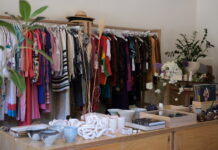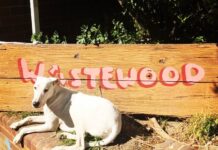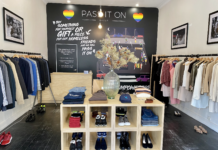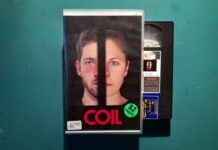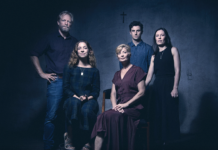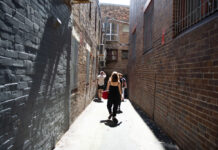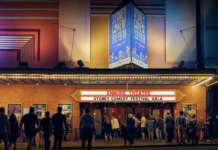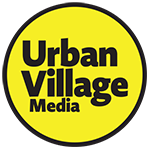The Sugar House was performed on the Belvoir stage in May and June this year, the latest work of playwright, award-winning author and radio play writer Alana Valentine. Valentine is one of Australia’s true creative gems, attaining international acclaim for her plays and published works.
The Sugar House, set in the backstreets of Pyrmont, is a story of work, family, corruption and brutal social change. The play starred Kris McQuade alongside Sheridan Harbridge, Sascha Horler, Lex Marinos, Josh McConville and Nikki Shiels, and was directed by Sarah Goodes.
Urban Village spoke to Valentine about her creative process, the move towards hybridity in theatre making, and the stories behind The Sugar House.
Can you talk about your verbatim writing process?
Verbatim is a movement in contemporary theatre that draws heavily from oral history interviews. It might be called a documentary approach to theatre making. I’ve coined this term ‘close work’ theatre, which takes in the idea of working closely with the community and with archives. I take in ideas from different sources and while it still remains mostly my work, it draws heavily from the community. It’s an alternate approach to the playwright who sits at their desk and makes it up.
Some people call it glorified journalism, but there’s actually so much creative potential in this way of writing. As the 21st century has rolled on, the nature of authenticity has become more complex, as have questions about who gets to tell a story and why. I think we’re so inundated with forms that hybridity is the only way forward.
Where did the idea for The Sugar House come from?
A lot of the work I’ve done has been valorising other communities, but The Sugar House is much more self-consciously my story. I grew up in Sydney and my grandfather worked at the old CSR sugar refinery in Pyrmont.
I grew up hearing stories about the CSR. Pyrmont has changed and has become a real site of urban renewal, as they call it. I’ve always been really interested in Pyrmont both as an actual place and as a metaphor for how that happens all over Sydney.
I always recommend that [writers] begin their work with a strong personal question. You don’t necessarily know what you’re asking, but as the work goes on you start to understand what you’re really digging for. In The Sugar House, the question at the heart of the play is: what is the relative value of the past and tradition in relation to change and the present?
What does the work say about Sydney?
I think the play says that yes, a city is bricks and mortar, but it is also people. And if we start to discard the connections and the memories that make this place exciting, we just end up with soulless shopping malls.
Australia was a very poor working class culture in living memory. So it’s also interesting to look back and see how much we have developed and to reflect on what we’ve lost. I really love that shock of recognition, of realising that these stories you hear about the past aren’t fairy tales. People lived, breathed and worked on the street with the same hopes that we have.
I guess sometimes decisions need to be made solely for the present, but at our peril do we become part of a city of that forgets everything that came before. The play explores our daily choice of what to remember what to forget, what to discard and what to keep.
The play closed on June 3. Head to belvoir.com.au for future plays and event information.

